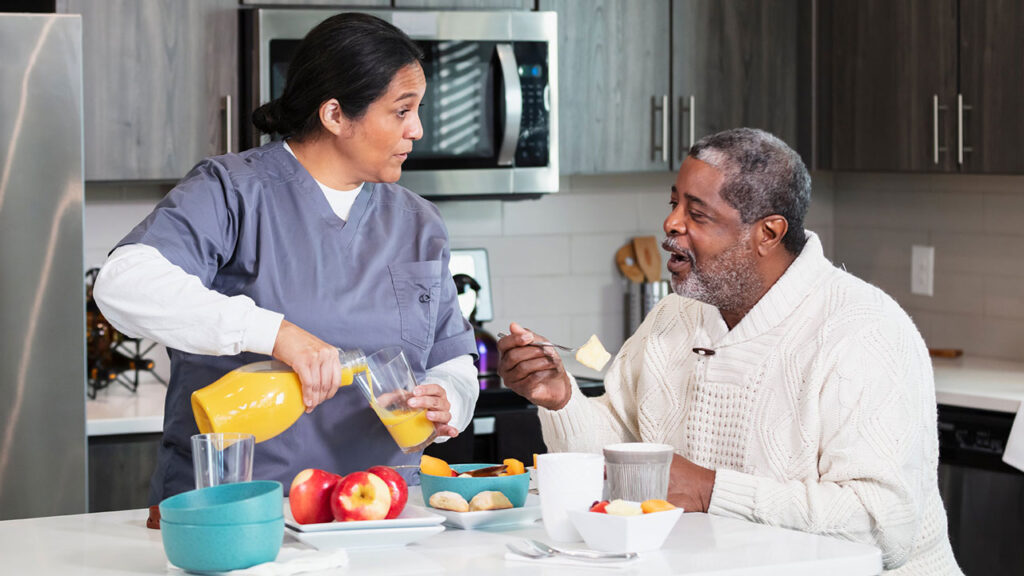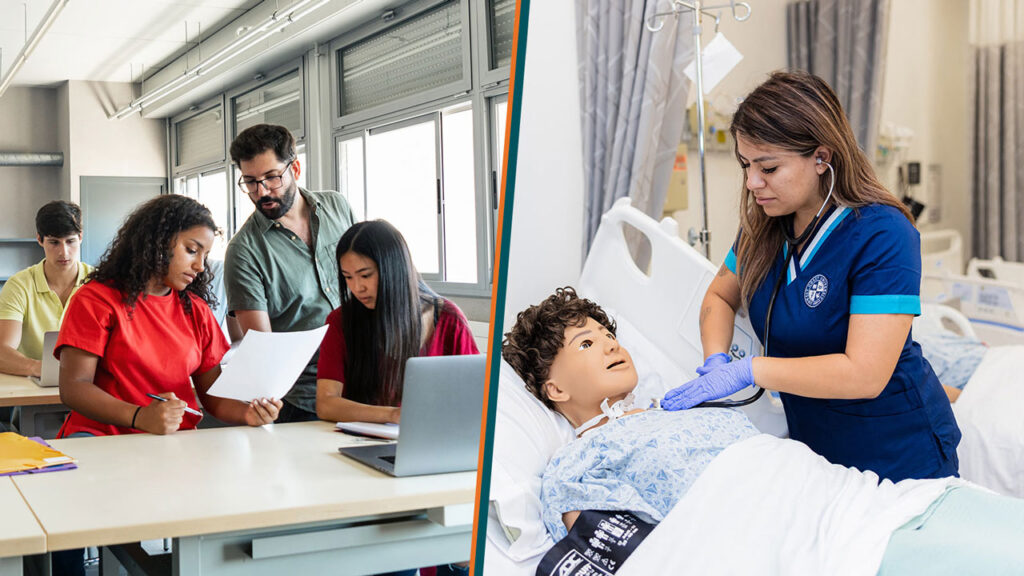While on his clinical rotation in the pediatric waiting room at Eisner Health in downtown Los Angeles, WCU Public Health Nurse student Gil Small, met with a patient who was feeling sick.
“Her throat hurt, she had the sniffles and was coughing,” Small said. “About two days later, I became ill myself. I had a strong suspicion that I probably got sick from being around that patient two days prior.”
Three Steps to Fight Flu
1. Take flu antiviral drugs if your doctor prescribes them.
People who are at high risk for influenza complications should contact a health care professional promptly if they get flu symptoms, even if they have been vaccinated this season.
2. Take preventative actions to help prevent the spread of germs every day.
Wash your hands often with soap and water for at least 20 seconds. If soap and water are not available, use an alcohol-based hand rub. Also, clean and disinfect surfaces and objects that may be contaminated with germs like flu.
3. If you have not gotten a flu vaccine yet this season, get vaccinated now – it’s not too late!
Everyone 6 months of age and older is recommended to get vaccinated against flu every year, with rare exceptions.
Source: Center for Disease Control
This experience led Small to think about ways to prevent himself and other hospital staff in the pediatric waiting room from being exposed to any form of communicable diseases. He thought the easiest solution might be having patients use facemasks.
“I thought that a good way to keep people from getting sick, is to have the nurse who checks in patients at the clinic give out a facemask to anyone who complains of flu-like symptoms.”
Small mentioned the idea to his clinical coordinator at Eisner, which made its way up to the chief of medicine who thought it was a good idea. Two other physician department heads are now involved and are working with Small to develop a plan to implement the initiative.
Joy Beckford, Public Health faculty at WCU, is very proud of her student.
“The field of Public Health is fundamental to the future of health care; therefore, it is so amazing to see our students understand the goals of public health through empowerment of agencies in the community to go up-stream and work on the premise that prevention is better and cheaper than cure,” Beckford said.
WCU Nursing Dean Robyn Nelson added that Small is already an example of “a true change agent and an outstanding health professional.”
Even though he’s close to finishing his clinical hours, Small is eager to continue his involvement in the development of the facemask initiative at Eisner.
“I already expressed my interest in leading the campaign and [Eisner staff] are very excited to hear that I want to participate in the program even after my clinical hours are complete,” Small said.
WCU provides career guidance and assistance but cannot guarantee employment. The views and opinions expressed are those of the individuals and do not necessarily reflect the beliefs or position of the school or of any instructor or student.


